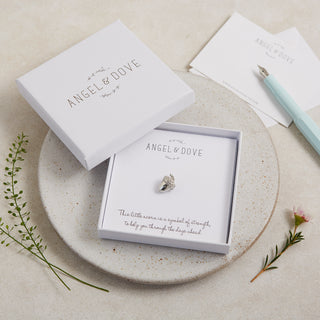
Since the death of Her Majesty Queen Elizabeth II we have seen an outpouring of collective grief. This sharing of our feelings with others may sound terribly un-British to some, but it’s also terribly important.
Talking, sharing, crying and smiling together seems to have helped people to make sense of their complex emotions. Grieving communally has given people’s feelings validity and focus, revealing how sharing emotions with others is a vital part of coming to terms with a bereavement.
This is helpful on an individual level - it’s comforting to feel surrounded by others with similar emotions - but it also opens up a wider conversation around death and grieving, which may be a force for good in a society which has tended to keep feelings and conversations about death hidden away.
In many ways the end of the Queen’s life was an extraordinary death. She was, after all, a woman who very few of us actually knew, yet who for 70 years had a profound influence on the world in which we live. But in other ways, the feelings that we all experienced are very familiar at a time of loss. Many of the visitors who queued through the night to pay their respects to the Queen said the act of queueing in itself was a sort of quiet, meditative experience, often bringing back feelings and memories of grief which had been experienced on a more personal level. Others spoke of making new friends in 'The Queue' as people came together and supported each other in their shared experience of grief.
With any death, there is no single way to react or grieve and this has been so publicly demonstrated – and validated – by the different reactions to the end of the Queen’s long life. Like so many bereavements, our feelings about the Queen are complicated. How many times have we heard people say ‘I’m shocked by how upset I am’ or ‘I didn’t expect to feel this way’? Yet, if we think of other bereavements we’ve experienced, grief is rarely clear cut or entirely logical.
As with the death of anyone in our life, the way we choose to mark it can be very individual. We can decide who to seek comfort from, how to pay our respects and whether to create a lasting memorial. In the case of the Queen, many people chose to visit a royal palace or sign a book of condolence, while others chose to leave flowers and cards, or line the streets to watch the funeral procession.
From churches to schools, and community groups to sports clubs, people have come together to record their thoughts and feelings about the Queen, and these individual messages add up to a powerful collective memorial. It is not a single experience of grief, but rather a bringing together of numerous individual experiences, emotions and memories... much like life itself.
This acknowledgement on such a large scale of the kaleidoscope of feelings that come with death may also be a watershed moment in our history, offering the possibility of a more open and accessible approach to what still remains, for many, a great taboo.


